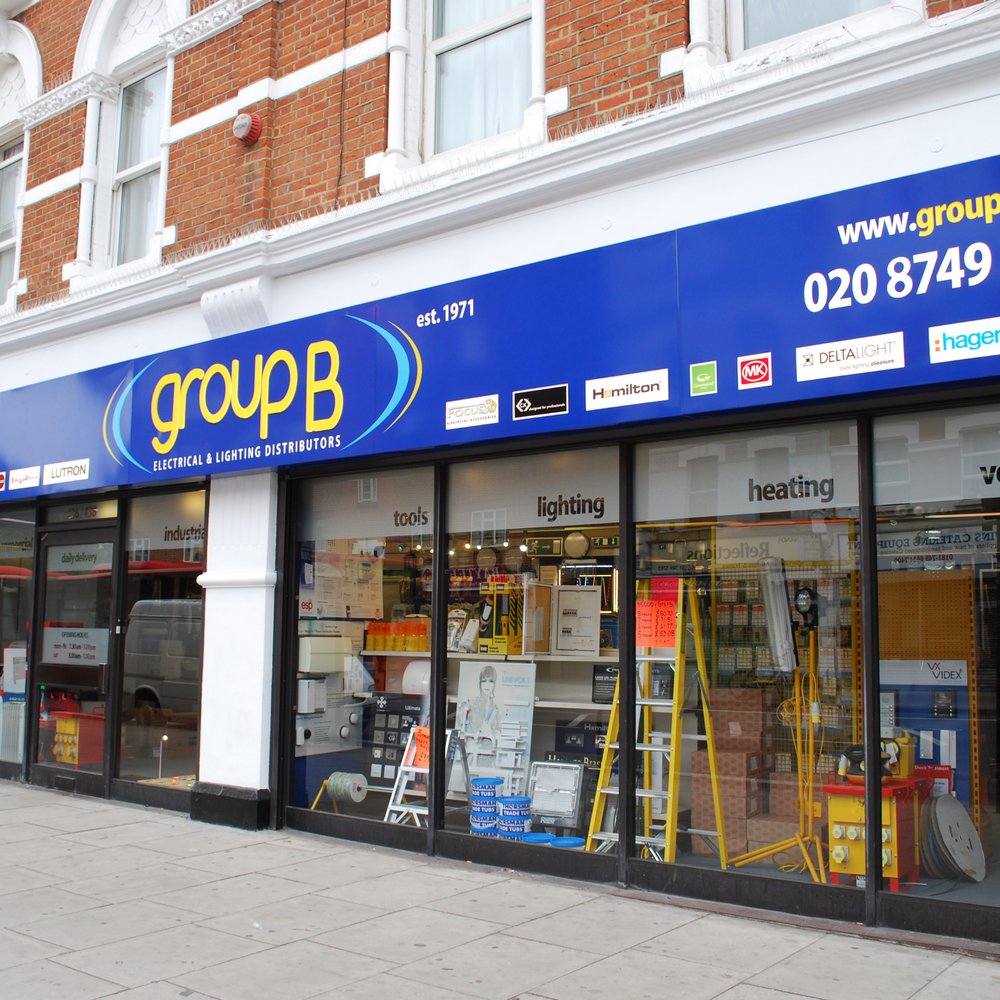7(a) loans are a type of Small Business Administration loan. It is partially guaranteed by the U.S. Small Business Administration. This type of loan is the best option for businesses as they come with extended repayment options and low interest rates. The loan can be used for funding various needs of your business. It can also be used for business expansion, equipment and supplies purchases, and even for business expansion needs.
It is a form of alternative funding because an SBA 7(a) loan cannot be defined as a traditional loan. Designed specifically for small businesses, the loan is backed by the administration but issued by a private lender. The term 7 (a) loan might seem like a single entity, but it consists of different types of loans.
The Process
It is not easy to qualify for this alternative lending. The application for the loan must be made with a lending partner of SBA. It could be a bank or a credit service. The application is sent to SBA for processing and a loan guarantee. This is done to limit the risk to the lender in case you default on the loan. If that happens, the SBA will be liable to pay the lender the amount guaranteed.
In an SBA 7 (a) loan arrangement, the lenders must follow specific guidelines set by the SBA. These guidelines dictate the loan amounts, the term of the loan, and interest rates. When you apply for the loan through a lending partner, the specifics of the loan are provided. The maximum loan amount that can be sanctioned under this loan is $5 million.
Term Lengths for Various SBA Loans
SBA 7 (a) is undoubtedly one of the most suitable business funding solutions for small businesses. As the loans are sanctioned for a long term in most cases, you get the flexibility needed to make timely payments. The generally established term lengths for SBA 7 (a) loans for various funding purposes are:
- Real estate sector – 25 years
- Equipment purchase – 10 years
- Working capital or inventory loans – 10 years
- Lines of credit – 10 year
Qualifying Guidelines
As mentioned earlier, it is not easy to qualify for an SBA 7 (a) loan. The general qualifying criteria are:
- You must be operating a for-profit business in the United States
- Your business must fit the description of a small business as defined by the SBA
- You must have a reasonable investment of your own capital in the business
- You must have tried other forms of financing before applying for an SBA loan
- You must show the purpose for which you need the funding
- You should not have defaulted on any existing government loan
You must remember that the interest rates for an SBA 7 (a) loan are based on the prime rate. It is a benchmark used by banks to decide on rates for loans on consumer products. The rate of interest may change based on the policies of the Federal Reserve Board. The spread negotiated between the borrower and the lender also influences the lending rate for an SBA 7 (a) loan.








